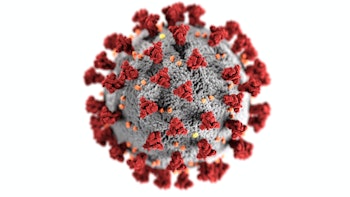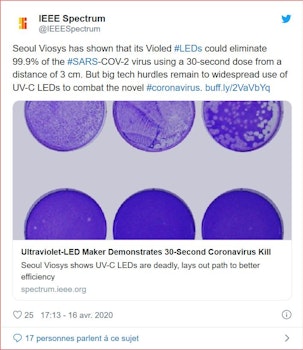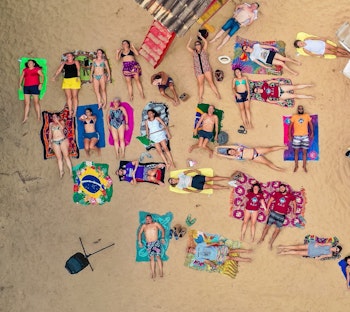UV-C rays sanitize objects, surfaces, and all types of public places
A "fragile skin" bug

The new coronavirus is a class 3 virus. This means that the virus responsible for COVID-19 has a more fragile envelope compared to class 1 and 2 viruses. UV-C lights have long time proved their ability to enter the virus to its DNA. Recent studies have also underlined the destructive effect of UV-C lights on viruses.
Source : RegencyLighting https://insights.regencylighting.com/can-uv-light-kill-viruses-like-covid-19

From 200 to 280 nm is the range of efficient wavelength among utraviolets rays (type C). It can break the DNA and RNA of viruses when applied with the right amount. The efficiency rate of destruction of these UV rays is 99,9% depending on the power, the time of exposure, the distance etc.
Sources : International Ultraviolet Association http://www.iuva.org/resources/IUVA_Fact_Sheet_on_COVID_19.pdf et IEEE Spectrum
https://spectrum.ieee.org/tech-talk/semiconductors/optoelectronics/ultravioletled-maker-demonstrates-30second-coronavirus-kill

UV part of the sunlight can alter skin tissues and the retina, depending on the time of exposure and the intensity of the rays. UVA makes us tan, and UVC (that we use here) is less damaging than UVB. The DNA contained in mammals is automatically repaired thanks to their enzymes:
"UVC is also found in animal studies to be less damaging to tissue than UVB. Even though UVC may produce DNA damage in mammalian cells, it can be rapidly repaired by DNA repair enzymes." (source : Ultraviolet C irradiation: an alternative antimicrobial approach to localized infections?)
In any case, is it recommended to avoid exposure to UVC lights, and to directly look at them.
We send you scientific documentation on the topic.